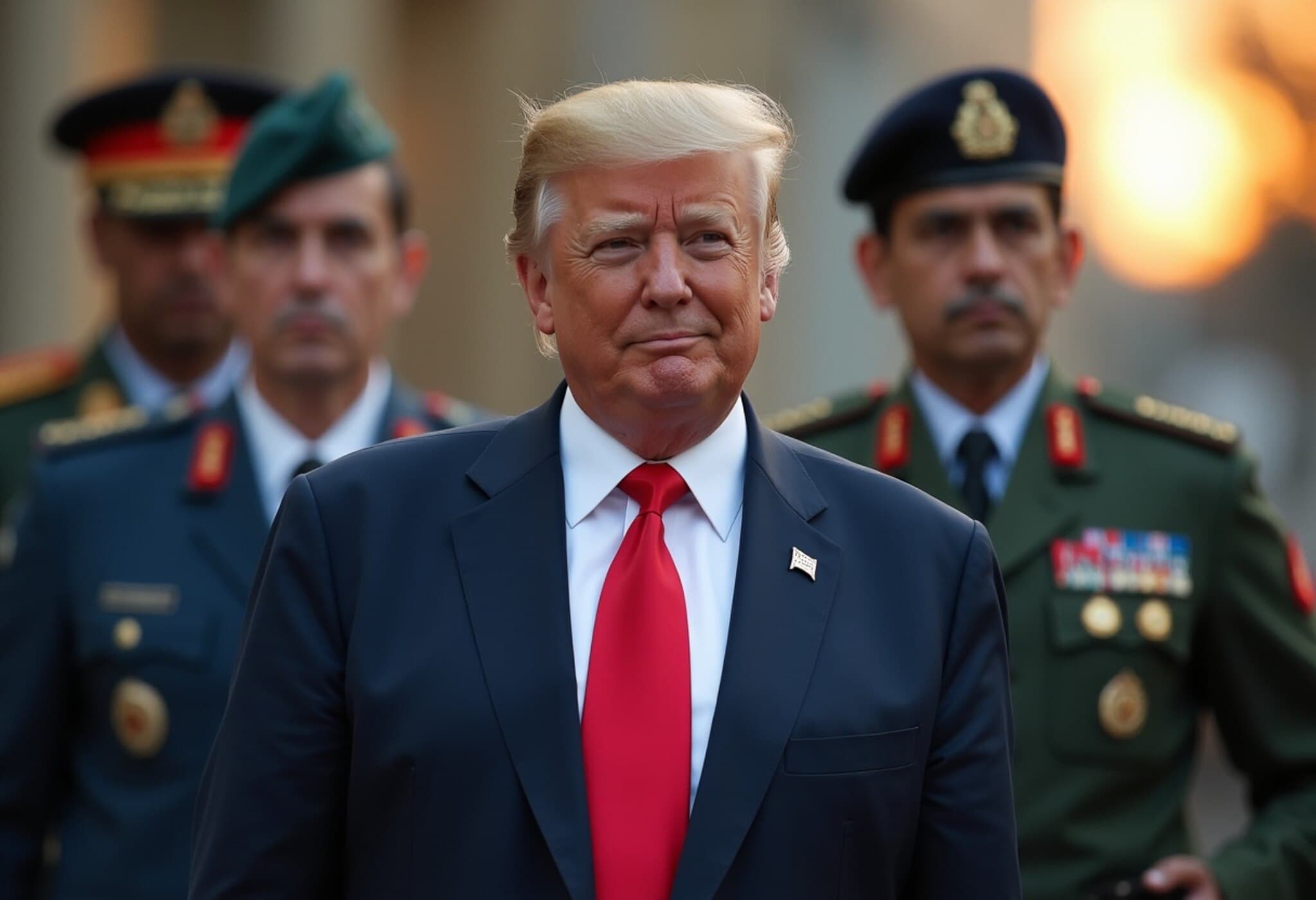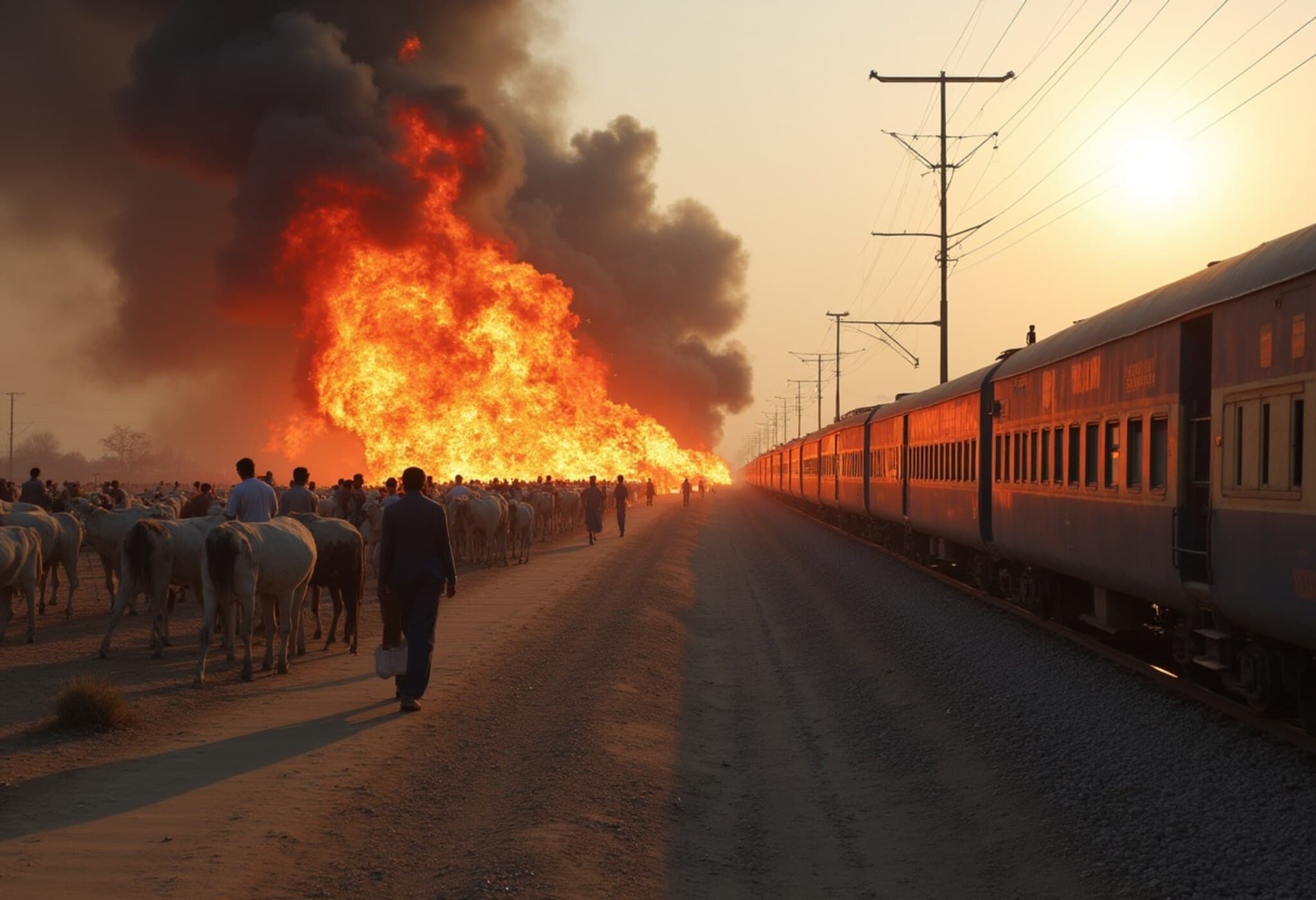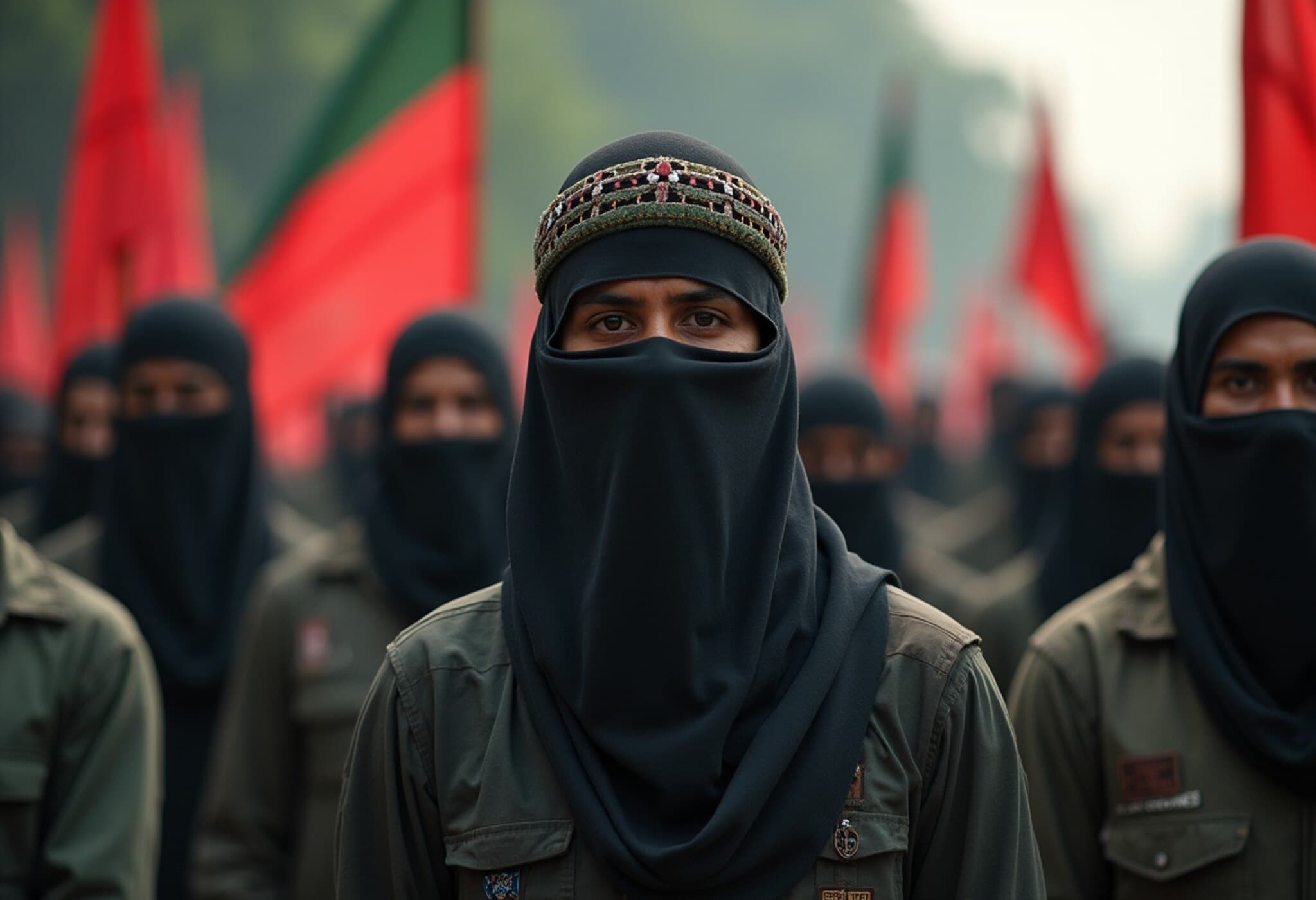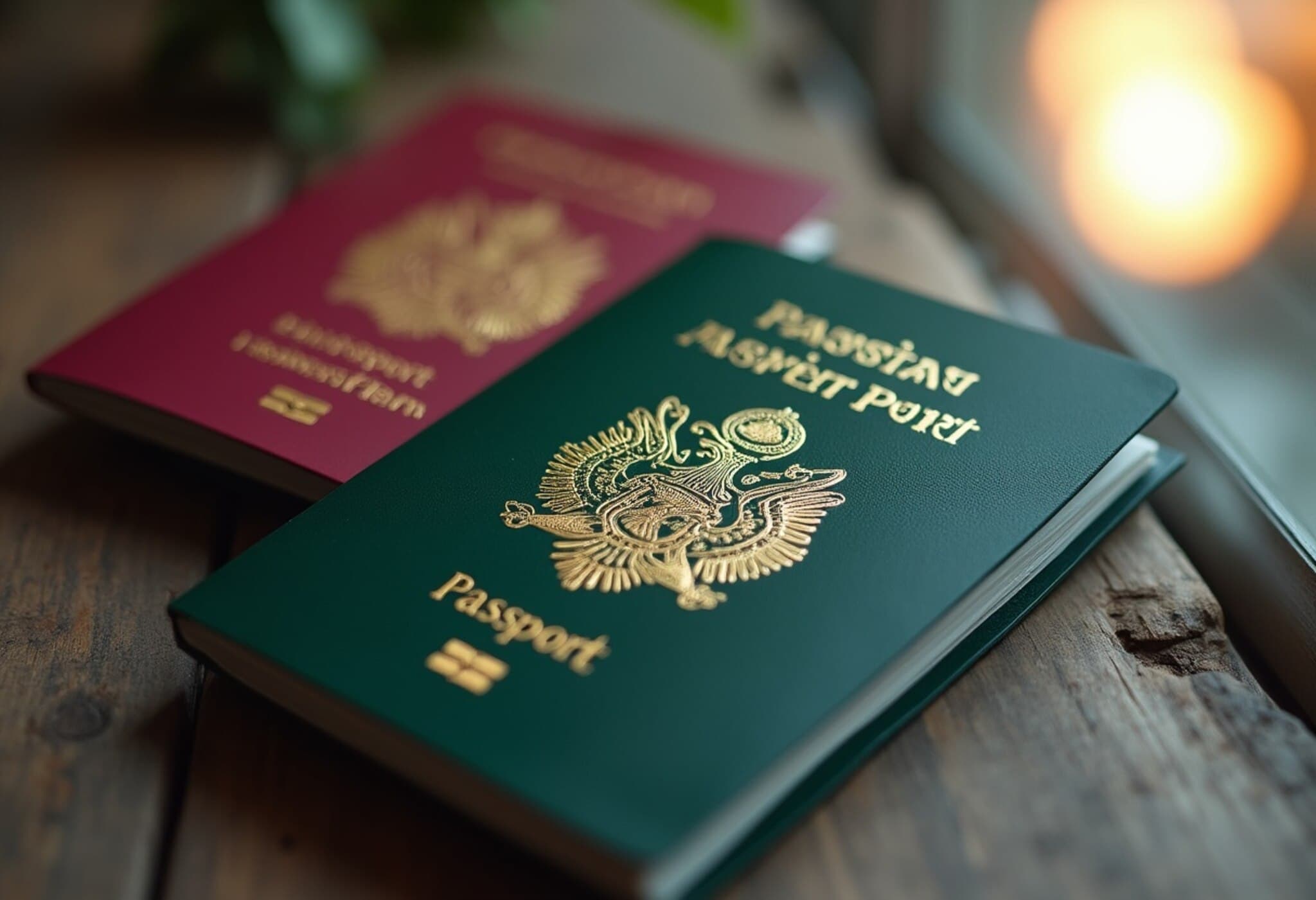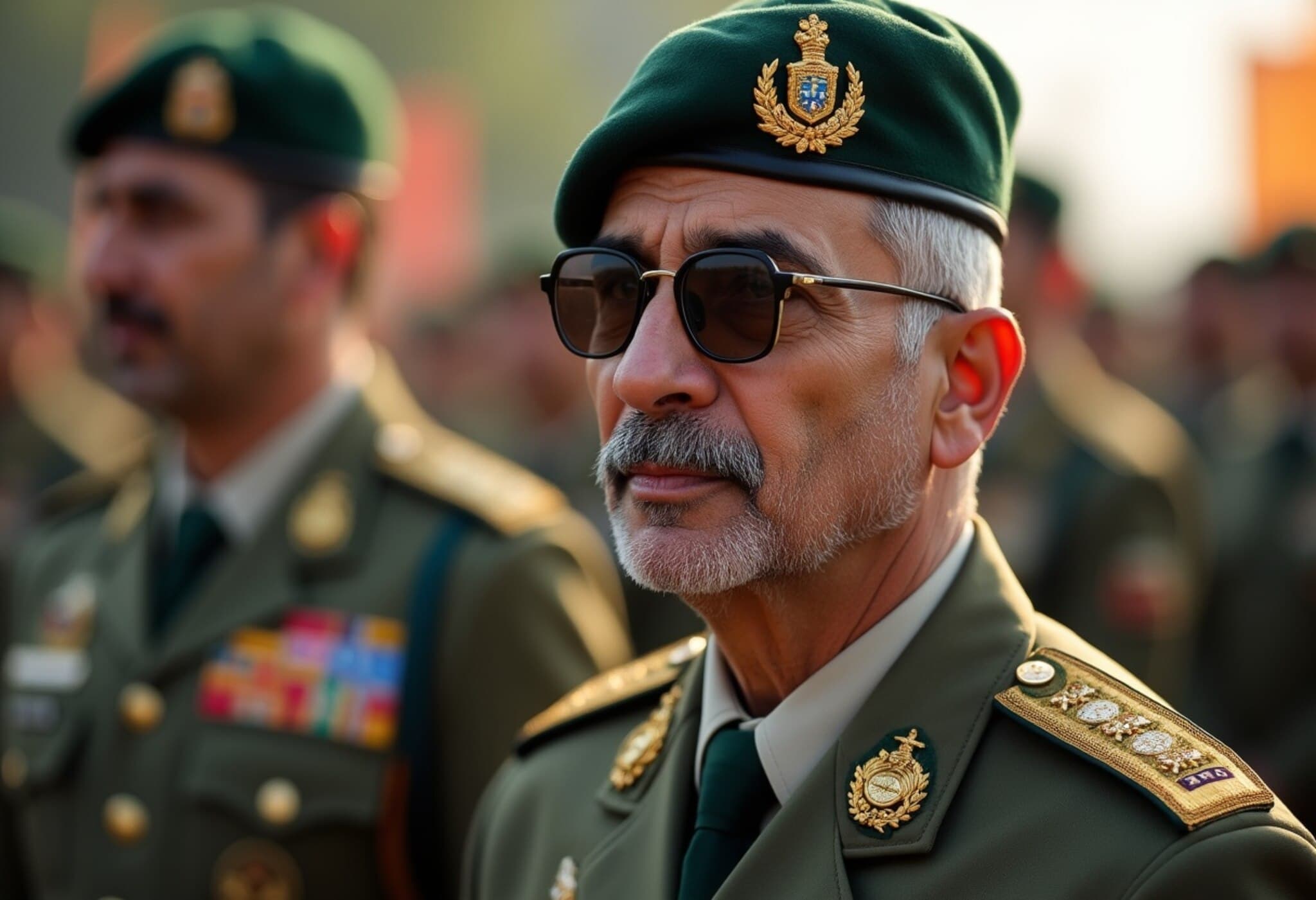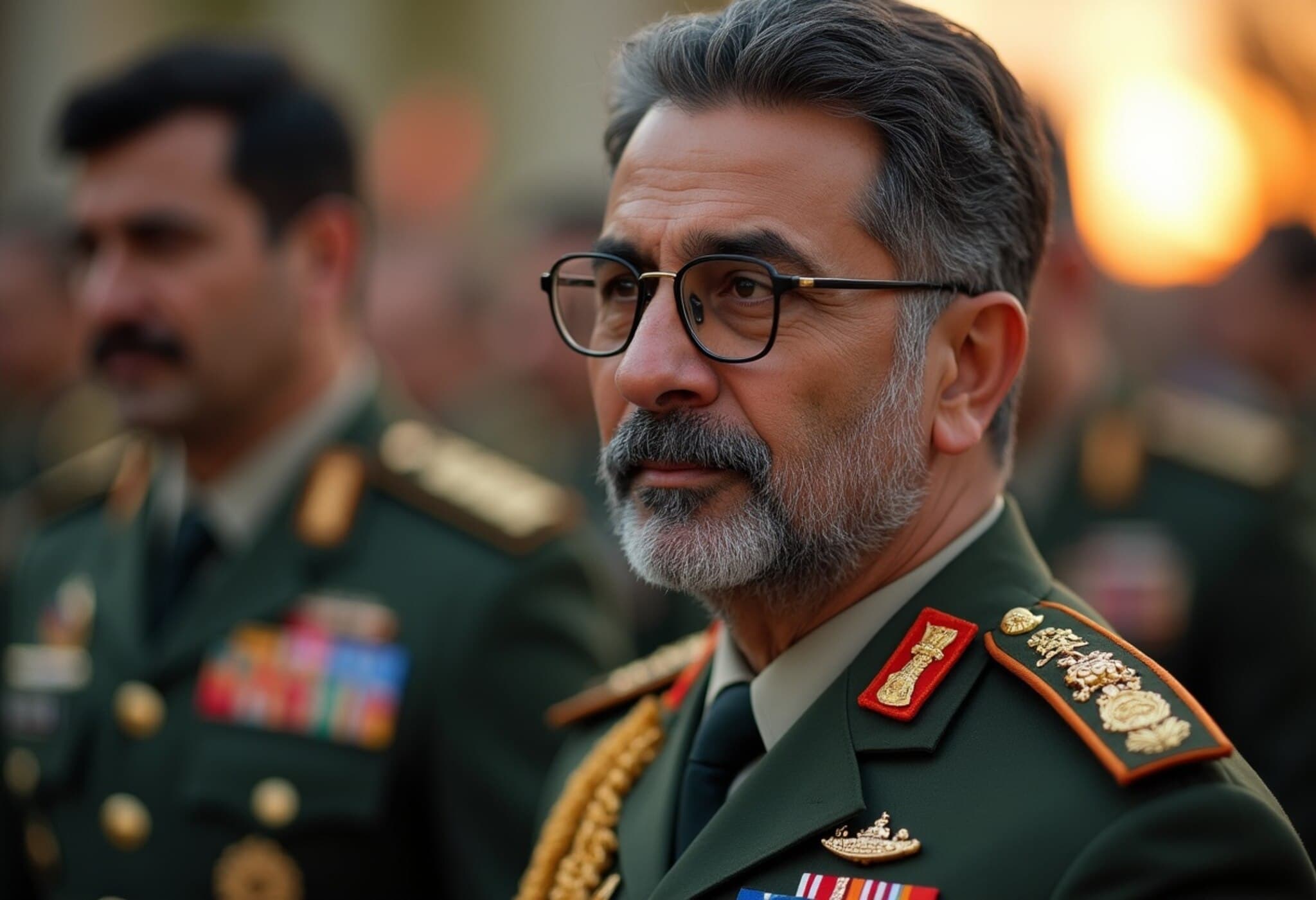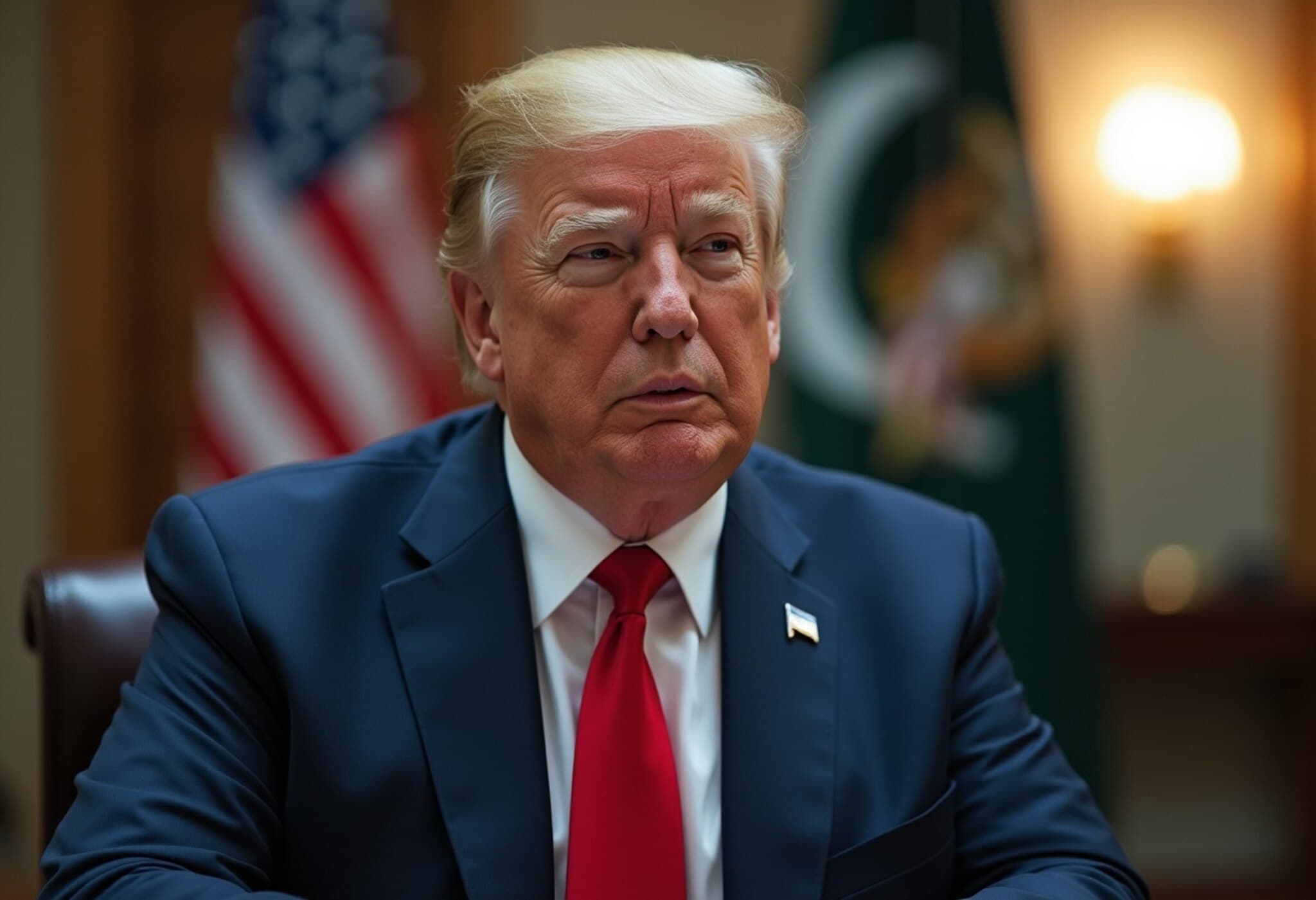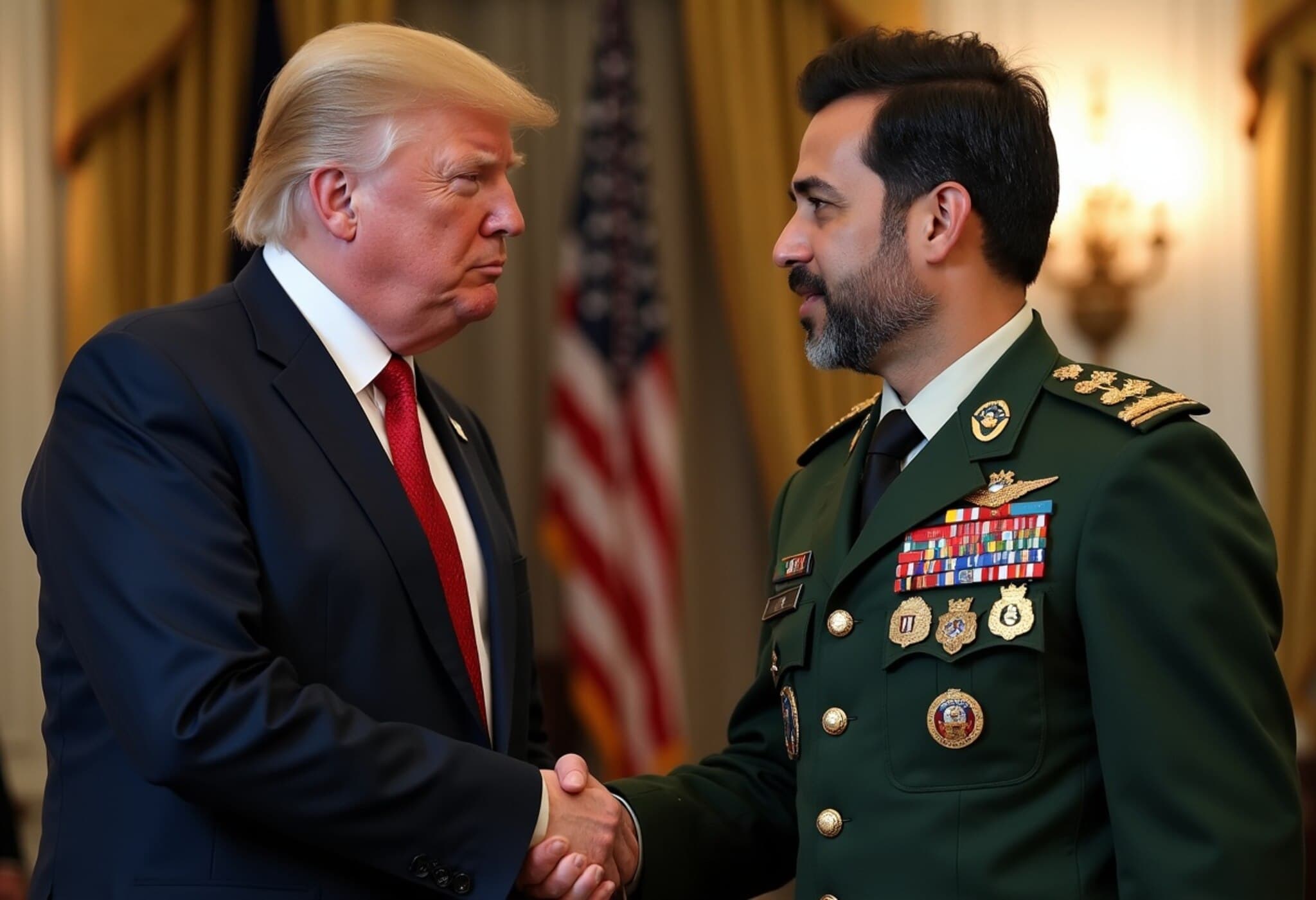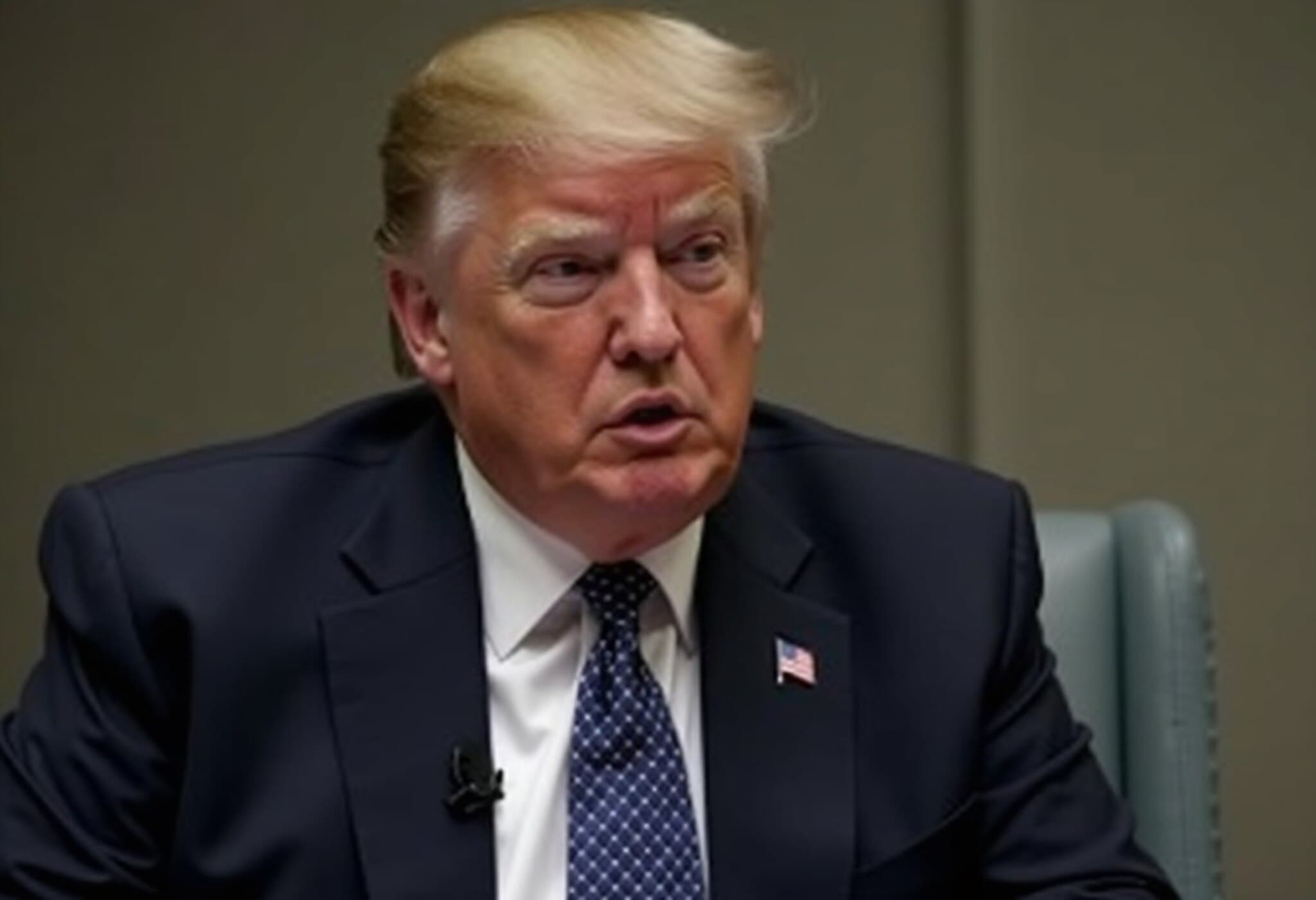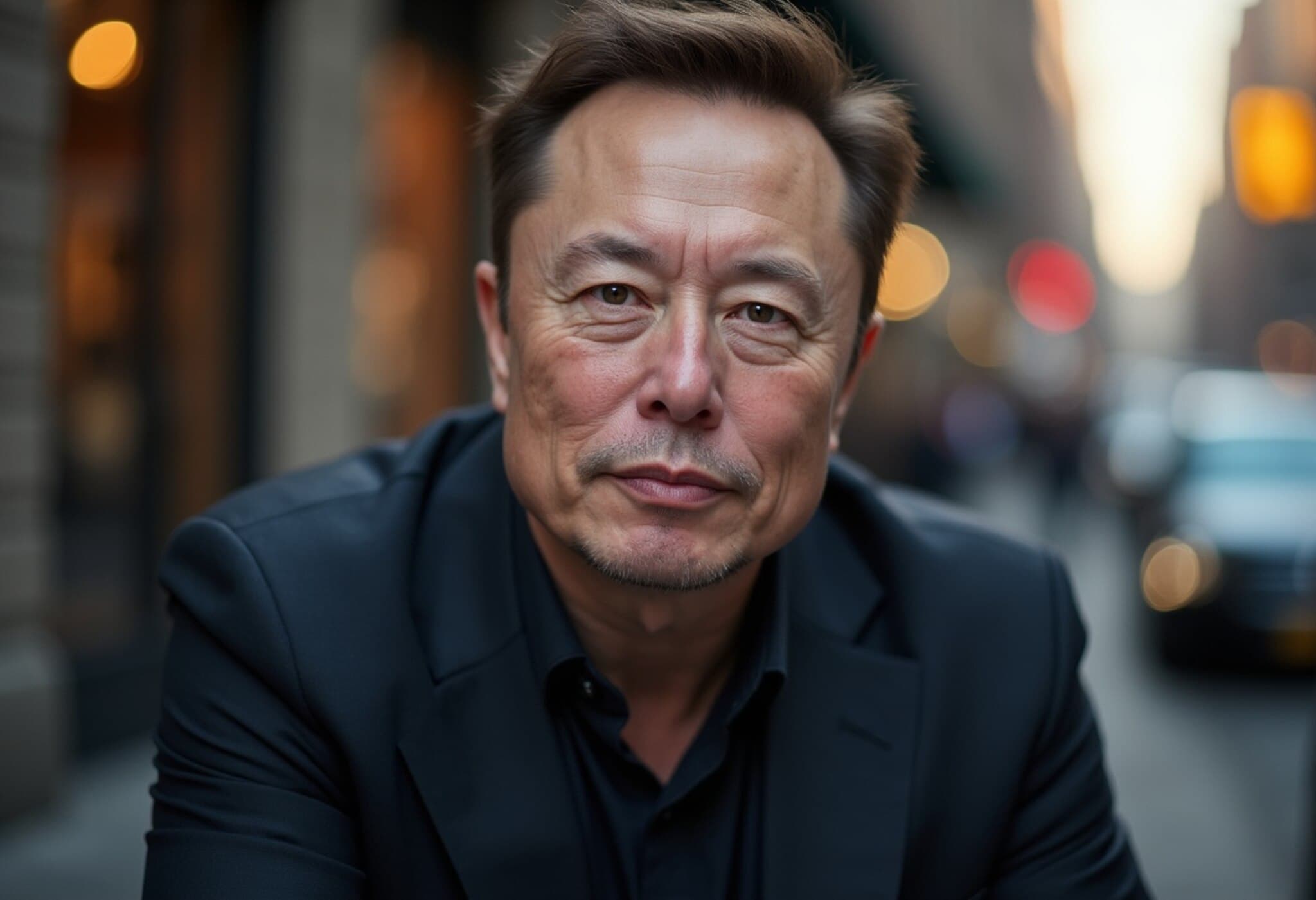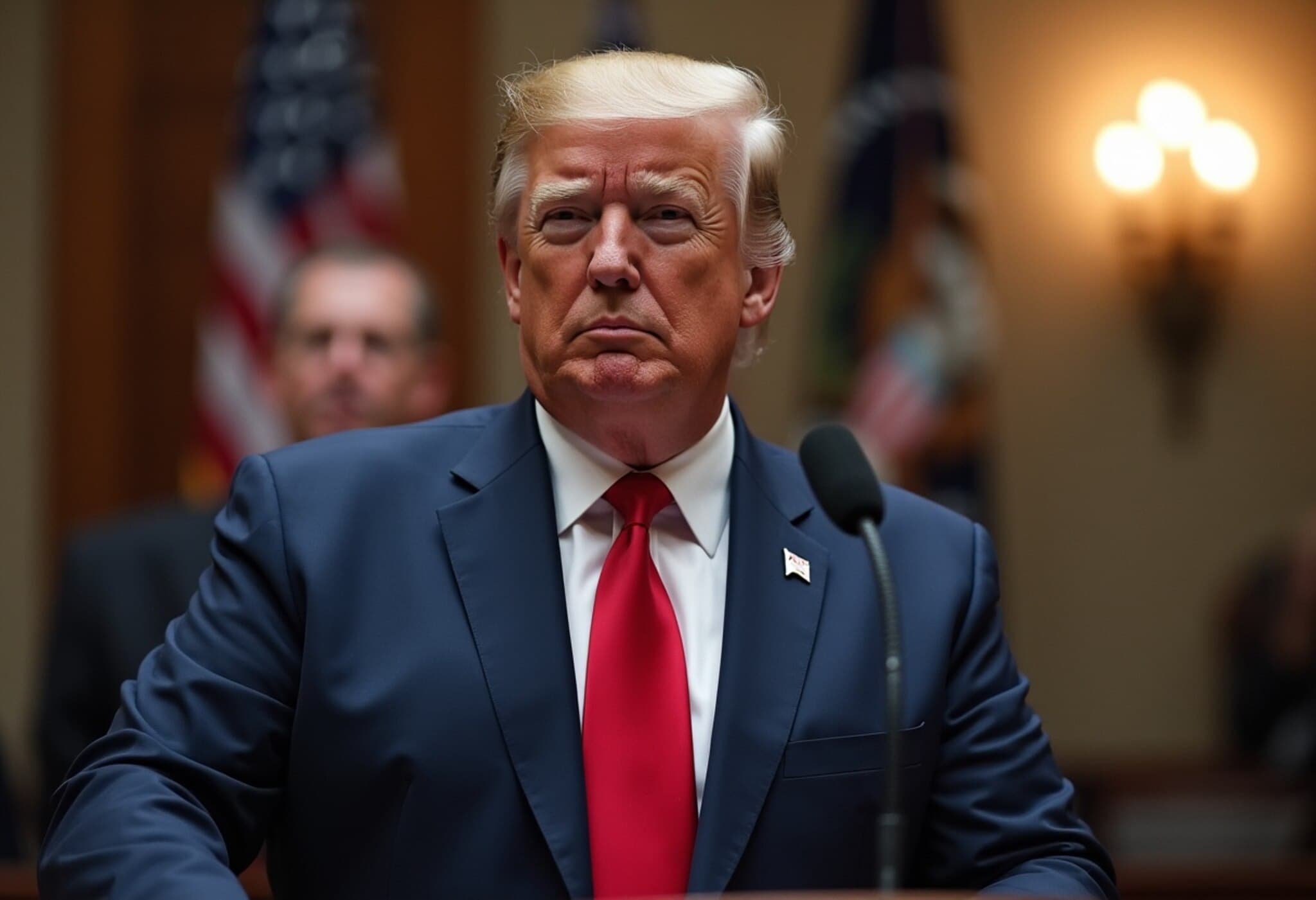Pakistan Lobbies for Trump Visit En Route to Quad Summit in India
As the US President Donald Trump gears up for the upcoming Quad summit in India, a spirited diplomatic contest is unfolding regarding a possible stopover in Pakistan. In a region marked by delicate alliances and changing power dynamics, Islamabad's efforts to secure a brief visit from Trump reveal a complex interplay of politics, trade, and image-building.
Backchannel Diplomacy: Pakistan’s Strategic Gambit
Behind closed doors, Pakistani business leaders and influential figures have ramped up lobbying efforts to persuade the White House to include a Pakistani stopover during Trump's trip. This push follows a high-profile meeting last month, where Pakistan's army chief, General Asim Munir, dined with the US President and earned praise by endorsing Trump for a Nobel Peace Prize—touching on Trump's well-known appetite for recognition.
In return, Pakistan promises not only enhanced trade opportunities but also the chance to elevate Trump's legacy through economic initiatives, despite Islamabad’s deepening ties with China. It's a delicate balance, illustrating Pakistan's attempt to leverage US presidential attention to revitalize its international standing and economic prospects.
The Quad Summit Timeline and Scheduling Challenges
The White House has yet to confirm Trump's participation in the Quad summit, mainly because India has not finalized the summit dates. Scheduling depends heavily on the coordination among Quad members: the US, India, Japan, and Australia. Earlier media reports in Pakistan prematurely announced a Trump visit on September 18, only to retract them due to Trump's scheduled state visit to the UK between September 17 and 19.
Speculation now points to a potential stopover occurring later, possibly as late as November, based on Trump’s known prioritization of trade deals over purely strategic partnerships.
Trade Tensions Affecting Strategic Alliances
Trump's recent tariff impositions on Japan and tensions with Australia spotlight his transactional approach to alliances, sometimes at odds with traditional diplomatic expectations. India, known for its tough negotiations, has resisted quick trade concessions, leading to friction with Trump's trade team. This trade-first mentality fuels uncertainty around the long-term strategic coherence of the Quad, as member nations reassess bilateral and multilateral ties.
Diplomats note that the thaw in US-Pakistan relations under Trump—marked by opportunistic gestures rather than strategic long-term planning—surprised India, which had hoped for consistent US alignment. New Delhi, while visibly uneasy with any overt US-Pakistan rapprochement, finds itself powerless to oppose such moves.
Historical Context: US Presidential Visits to Pakistan
A Trump visit would be a landmark event, marking the first US presidential trip to Pakistan since President George W. Bush’s brief stopover in 2006. Bush's visit emphasized counter-terrorism amid strained nuclear talks, while subsequent presidents Barack Obama and Joe Biden notably avoided Pakistani stops.
Trump himself was sharply critical of Pakistan during his first term, famously castigating Islamabad for harboring terrorists and engaging in deceptive diplomacy. The potential pivot towards inviting Trump now signals Pakistan's desire to rewrite this narrative and foster an image as a lucrative hub for US business interests.
Pakistan’s Vision: From Geopolitics to Digital Finance Hub
To sweeten the deal, Pakistan is promoting ambitious plans to become the “crypto capital of South Asia” and a leader in digital finance—initiatives linked to Trump associates aiming to anchor US business presence in the country. This pivot reflects Islamabad's broader strategy to attract foreign investment, diversify its economy, and redefine its geopolitical relevance.
One colorful anecdote recalls Trump’s frustration during earlier visits to Iraq and Afghanistan where security protocols dimmed the arrival spectacle. Should he land in Pakistan, it’s expected he would relish the spotlight and fanfare, underscoring how optics remain crucial in his political calculus.
Expert Insights and Regional Implications
- For the US: Balancing short-term trade interests with stable long-term regional strategy is proving difficult, reflecting Trump’s mercurial style.
- For India: The possibility of Trump’s visit to Pakistan complicates New Delhi’s vision of a US-led Indo-Pacific order, pushing India to revisit its strategic assumptions.
- For Pakistan: This is a moment to enhance visibility and economic opportunities, while carefully navigating its relationship with both China and the US.
Editor's Note
The evolving dynamics surrounding President Trump’s potential Pakistan stopover highlight the unpredictable nature of global diplomacy where trade interests, personal politics, and regional rivalries intertwine. For observers of South Asia, the key question remains: can transactional diplomacy lead to lasting peace and stability, or will it simply deepen existing frictions? As the Quad summit approaches, these unfolding developments warrant close attention for their broader implications on Indo-Pacific security and economic landscapes.

